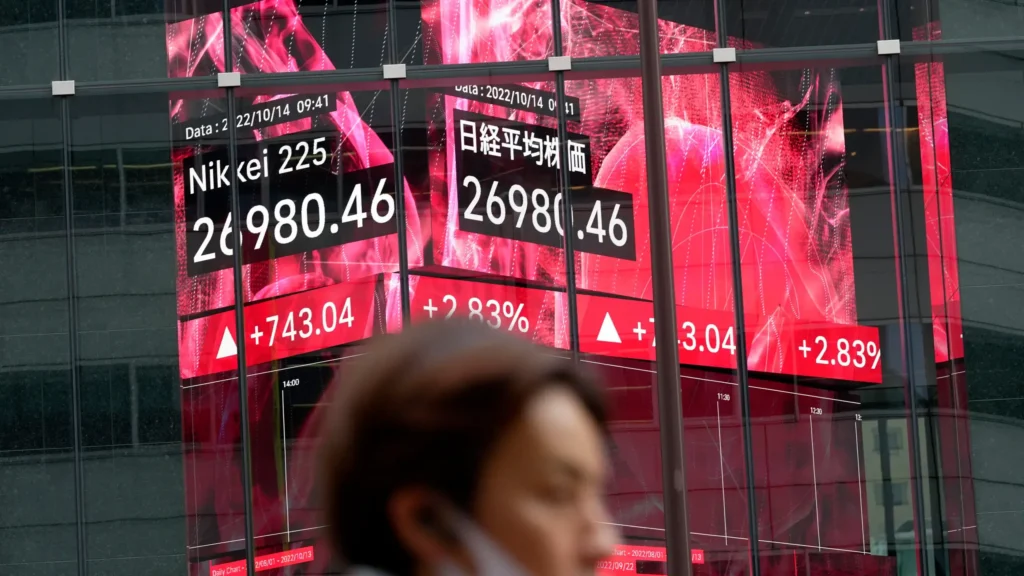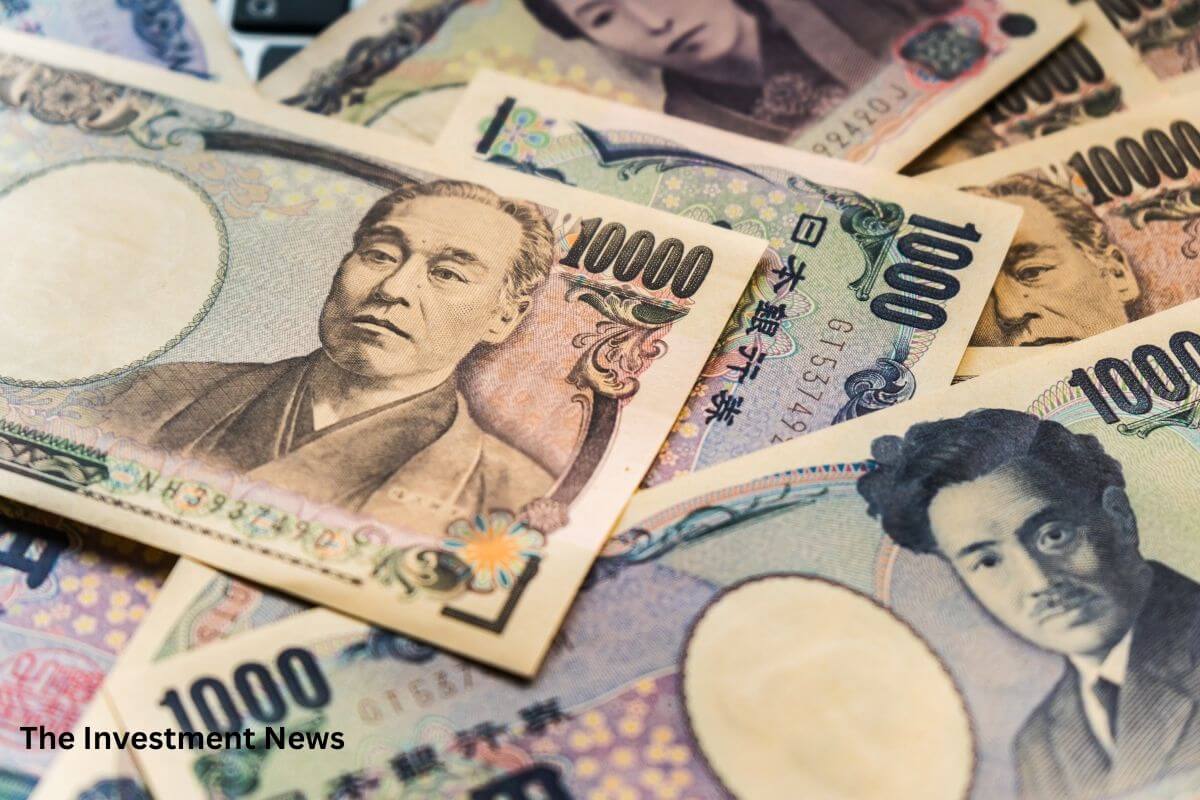As Japanese stocks surge towards record highs, a surge in bearish positions on the yen among asset managers indicates lingering investor caution regarding currency risks. According to Bloomberg analysis of data from the Commodity Futures Trading Commission, the correlation coefficient between yen positions and the Topix 100 index stood at minus 0.56 as of February 13, marking the highest level since 2020.
This suggests that asset managers tend to shift towards bearish yen positions when large-cap stocks in Japan experience upward momentum.

Despite earlier forecasts anticipating a rebound, the Japanese currency has depreciated by 6% against the dollar since the beginning of the year. This unexpected decline is eroding returns from the Japanese stock rally in US dollar terms for global investors. Consequently, some investors are reallocating funds from sluggish Chinese equities to Japan’s buoyant market.
Market sentiment regarding the yen has been influenced by growing expectations that even if the Bank of Japan initiates its first interest rate hike since 2007 in the coming months, it will proceed cautiously with further rate increases.
“We favor Japanese equities,” stated Wei Li, a multi-asset quant solutions portfolio manager at BNP Paribas Asset Management, highlighting a strategy of hedging currency exposure for stock positions based on the anticipation of continued yen weakness.
The cost of hedging against yen depreciation over three months currently stands at minus 5.6%, indicating that investors taking bearish positions on the currency can potentially profit if the yen does not strengthen significantly.
Meanwhile, the Topix 100 index has surged by 14% this year, building upon last year’s 27% rally, which was the largest since 2013. Optimism regarding Japan’s recovery from deflation has propelled the index to its highest level since 1990. A senior official from Japan’s Cabinet Office has hinted at the imminent declaration of victory over falling consumer prices.
Data shows that global investors have been increasingly buying Japanese stocks and index futures, with net buying reaching ¥8.1 trillion ($54 billion) in mid-January, the highest level since 2015. Although purchases have moderated to ¥5.8 trillion in the week ending February 9, they still significantly outpace the average selling of ¥2.4 trillion seen since 2015.
Yukio Ishizuki, senior currency strategist at Daiwa Securities Co., attributes this trend to overseas investors selling the yen to hedge their gains in stocks as Japanese equities rise. He suggests that the yen’s short-term outlook remains bearish amid speculations that the BOJ’s rate hike will be gradual, while the Federal Reserve’s rate cut is anticipated to occur later than previously expected. Ishizuki believes that the yen may test last year’s lows in the near future.









